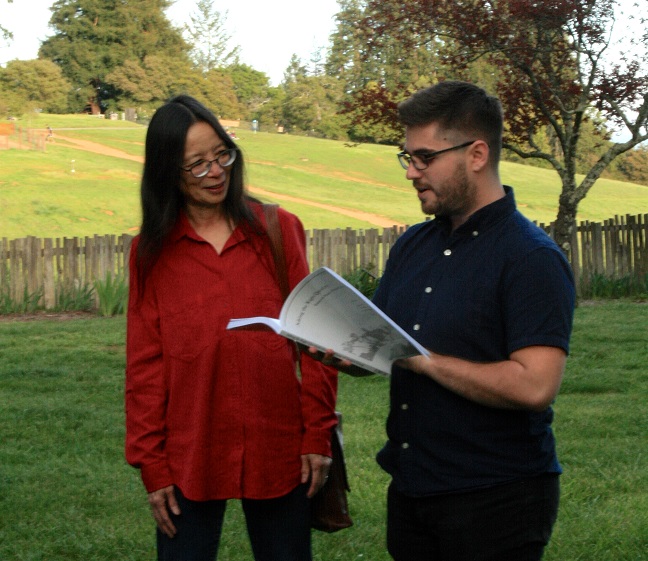RYAN BENNETT JOINS THE DEPARTMENT
We are delighted to announce that Ryan Bennett will join the department as Assistant Professor starting in July 2017. Ryan received his PhD in Linguistics from UC Santa Cruz in 2012, and since then has been a faculty member at Yale University.
Ryan’s research is in formal and experimental phonology, with an emphasis on prosody and theoretically motivated phonetic analysis. He has worked extensively on phenomena at the intersection of phonological theory and other grammatical domains, including phonetics, morphology and syntax. His investigation focuses on these topics in the context of lesser-studied languages, particularly Irish and K’ichean branch Mayan languages.
Welcome (back) to the department, Ryan!
